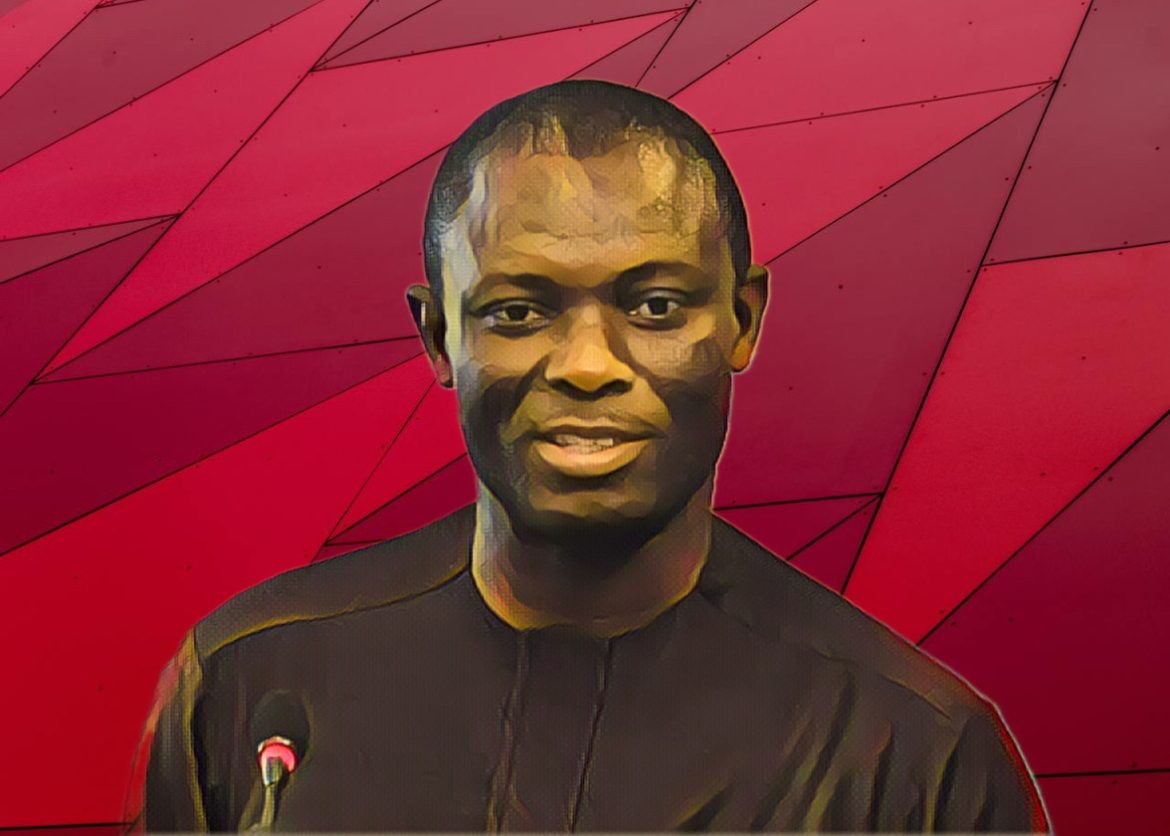In a candid interview on JoyNews’ PM Express, the Chairman of the Finance Committee, Kwaku Kwarteng, offered a sobering analysis of the roots of Ghana’s economic turmoil, tracing the crisis back to long-standing issues of fiscal indiscipline and economic mismanagement rather than solely attributing it to recent global upheavals such as the COVID-19 pandemic and the Russia-Ukraine conflict. Kwarteng, who also serves as the Member of Parliament for Obuasi West, emphasized the inevitability of the financial downturn, suggesting that while international events may have accelerated the crisis, the country’s trajectory towards economic instability was predestined by years of unchecked public spending and flawed economic policies.
During the discussion, Kwarteng highlighted a systemic culture of overspending and a chronic lack of adherence to budgetary constraints, practices deeply ingrained in Ghana’s political and economic landscape. He expressed grave concerns over the sustainability of such fiscal behaviors, cautioning that without a significant shift towards fiscal prudence, Ghana risks dire consequences, including the potential to become a failed state. This assertion by Kwarteng underscores the depth of the fiscal challenges confronting Ghana, challenges that surpass the immediate impacts of external shocks to reveal more profound structural weaknesses within the country’s economic governance framework.
Kwarteng’s call for an earnest national dialogue on fiscal responsibility and economic management reflects a recognition of the complex interplay between cultural practices and economic outcomes. He argued that despite the establishment of legal and institutional frameworks designed to mitigate economic mismanagement, such measures are insufficient in the face of determined disregard for fiscal discipline. His remarks underscore the imperative for a comprehensive and sustained effort to cultivate a culture of accountability and prudent economic management among Ghana’s policymakers and citizens alike.
The backdrop to Kwarteng’s commentary is a nation grappling with a myriad of economic challenges, from spiraling inflation rates to escalating unemployment, which have combined to erode the living standards of the Ghanaian populace. These domestic vulnerabilities, compounded by the adverse effects of global economic disturbances, have thrust Ghana into a precarious economic position, necessitating urgent and effective policy interventions.
As Ghana seeks pathways out of its current economic predicament, Kwarteng’s insights offer a crucial starting point for policy deliberations. They prompt a reevaluation of the country’s economic strategies and call for a renewed commitment to fiscal discipline as foundational to Ghana’s economic recovery and long-term stability. The dialogue initiated by Kwarteng’s observations invites a broader engagement among stakeholders across the political and economic spectrum in Ghana, aimed at forging consensus on the principles and practices essential for navigating the country through its present challenges towards a more prosperous and resilient economic future.
This call to action is not merely a reflection on past missteps but a clarion call for a collective resolve to chart a new course for Ghana’s economy. It emphasizes the necessity of transcending partisan considerations in favor of a unified approach to economic reform, grounded in realism, responsibility, and a shared vision for Ghana’s development. As the country confronts the twin challenges of external shocks and endemic economic vulnerabilities, the insights shared by Kwarteng serve as a critical reminder of the urgency and complexity of the task ahead, underscoring the need for thoughtful, innovative, and disciplined economic stewardship in the pursuit of national rejuvenation and growth.
Source: MyJoyOnline





1 comment
Thank you for your sharing. I am worried that I lack creative ideas. It is your article that makes me full of hope. Thank you. But, I have a question, can you help me?